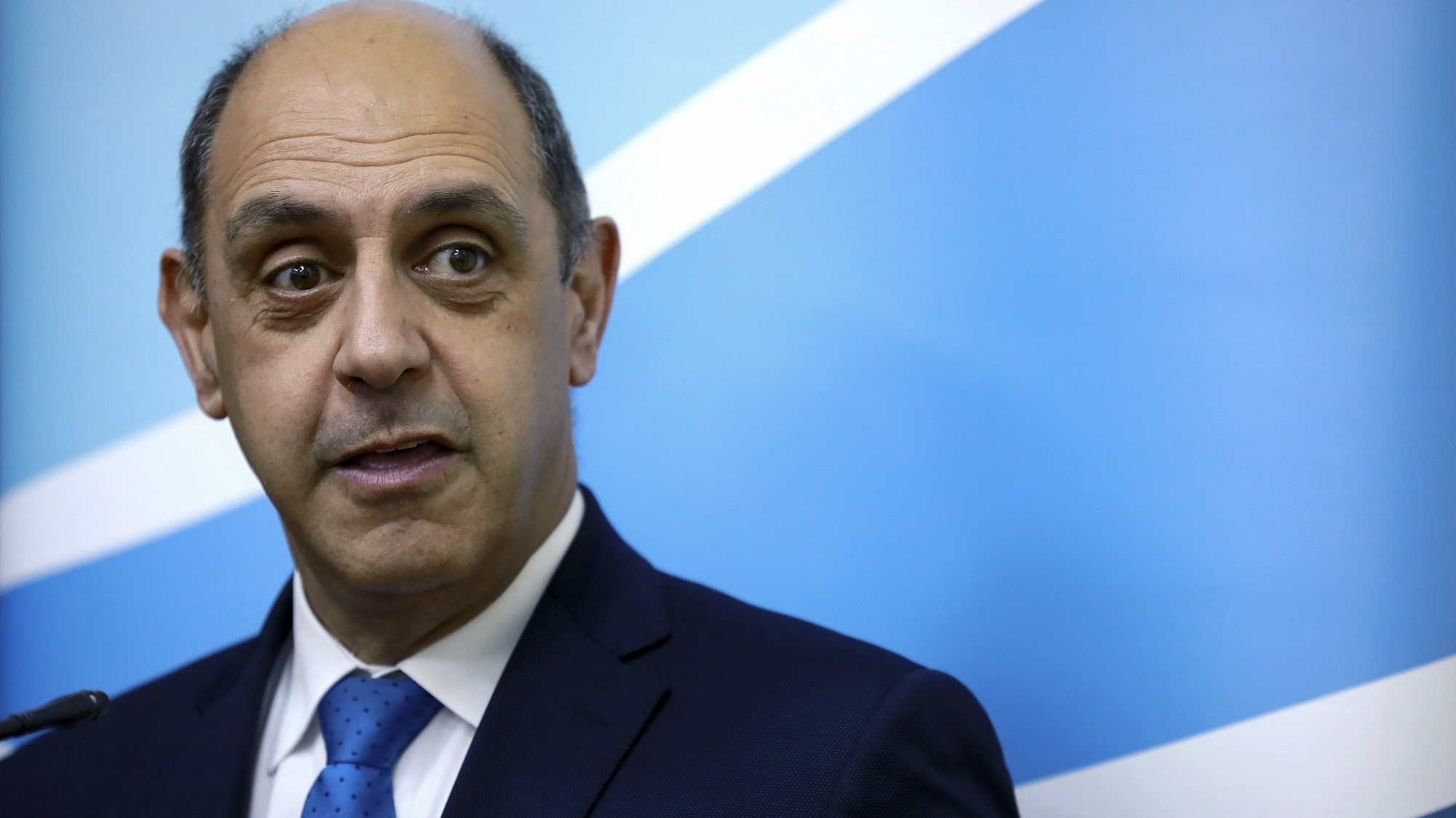The Minister of Health announced this Wednesday that the National Continuous Care Network has 500 places to receive patients hospitalized for social reasons, especially in the Lisbon region and the Tagus Valley.
????????We already have some 500 guaranteed places that will begin to be usedI think some this week, surely the next, and we are going to try to increase that number, because that is absolutely essential,” Manuel Pizarro told reporters on the sidelines of the presentation of the Strategic Plan of the Ministry of Health: Seasonal Health Response – Winter 2022-2023, in Lisbon.
According to the minister, these vacancies are the result of joint work with the Ministry of Labor, Solidarity and Social Security, with Charities and private institutions of social solidarity, with “priority in the region of Lisbon and the Tagus Valley“, because that is where “the pressure is greater”.
“But we are going to do this throughout the country, because this is something that also allows the flow of hospitals to work better,” he stressed.
During the presentation of the plan, the Secretary of State for Health Promotion announced several measures provided for in the document aimed at the elderly and the most vulnerable population.
Among them is the strengthening of the transition program between hospital discharge and social responseexpanding the response capacity of the social sector contracted by the State and thus expediting the departure of those who no longer need clinical care within the hospital.
“There is a fundamental concern because we know that the pathologies typical of this time, from Covid-19, going through the flu or even the cold, do not affect all people in the same way and people living in situations of greater vulnerability are more affectedand they were more affected throughout the pandemic, as in other winter seasons, and that is why they receive special attention here,” said Margarida Tavares.
According to the minister, outbreaks in residential structures for the elderly (ERPI) or similar will continue to be “actively monitored”, because it is known that “it is in contexts of greater vulnerability where the most unfavorable outcomes can occur”.
It also announced a telehealth service for support to reference professionals in the unitsin residential structures for the elderly, and specific teams of professionals from clusters of health centers or hospitals who actively attend nursing homes to avoid decompensation and possible resources for health care.
“And obviously we want to improve humanization and communication with family memberswith the caregivers of the people who are in the emergency service”, he stressed.
Questioned on the sidelines of the presentation of the plan about whether there was already a need to reinforce the SNS 24 line, the Minister of Health said that they are doing this reinforcement.
“We are already doing it because we are planning to create new answersa response that I consider absolutely innovative and very important is the existence in each hospitalization unit for the elderly [ERPI] of a reference professional who will be connected to a specific point on the Saúde 24 line, where people will have professional advice”, emphasized Manuel Pizarro.
Many times they will even be able to count on medical advice that allows them to guide the situation of many of those people who are hospitalized in these units, looking for their problem to be resolved locally.
In addition to being better for that person, the minister said, it “also alleviates” the excess demand on the National Health Service.
“We cannot forget that we have in all these units, which are almost 4,000 in the country, more than 100,000 older adults residing,” emphasized Manuel Pizarro.
Source: Observadora
